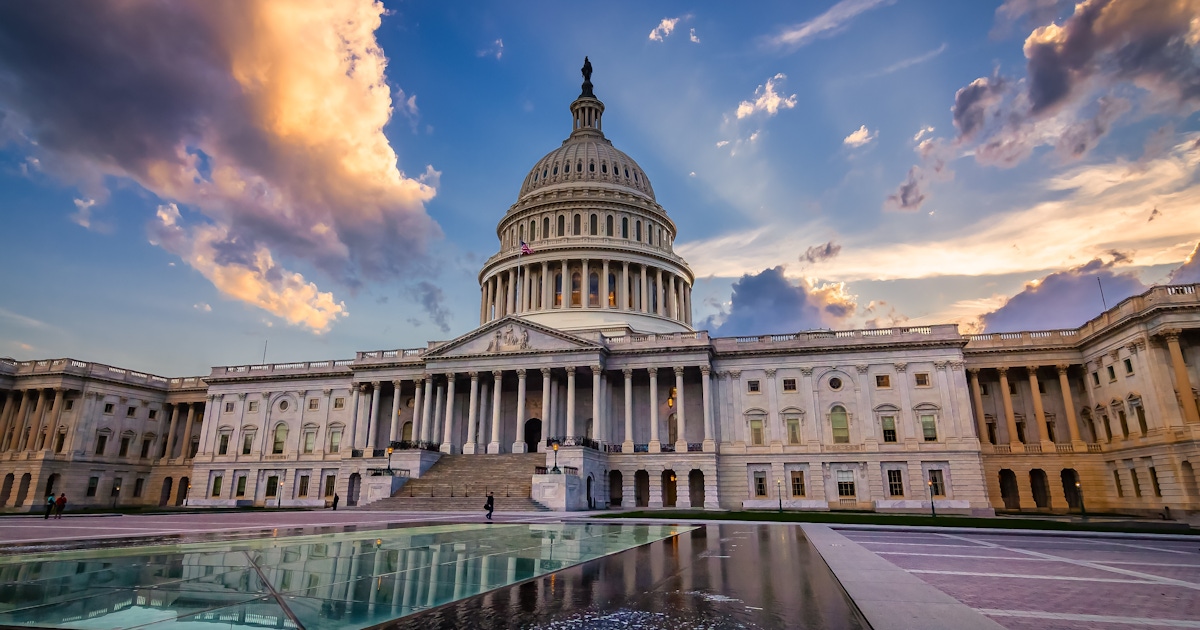
If, like me, you don’t tweet or retweet anything, and you don’t pay much attention to the tweets or retweets of others, Elon Musk’s purchase of Twitter for tens of billions of dollars has not had much of an impact on your world. For some people who are serious Twitter users, however, Musk’s takeover has been an earth-shattering event–and they can’t quite figure out how to deal with it.
NBC has an interesting story about how “liberal Washington” hates Elon Musk, and doesn’t like what he’s doing with Twitter, but just can’t cut the cord and stop tweeting. They give lots of reasons for their inability to achieve separation: Twitter is a great information resource; it’s how they get a lot of their news; it’s easy to use and smartphone-based; it’s how they communicate their thoughts to their thousands of devoted “followers,” and it’s how they think many of the people outside Washington, D.C. get their news, and they don’t want to deprive their constituents of that news source.
And, lurking in the background of those rationalizations is another reality: there really is no viable alternative. If you’ve gotten used to tweeting your “hot takes” about Donald Trump at all hours–or even become a kind of “Twitter addict,” as some Beltway insiders put it–there is nowhere else to go. So you can harrumph about Elon Musk acting like a jerk, but you just can’t bring yourself to quit him. He’s like the toxic high school boyfriend or girlfriend who never quite gets dumped because you don’t want to sit around at home on Friday nights.
One of the people interviewed for the story is a Congressman whose staff has convinced him that he can’t quit Twitter because “social media is where many of his constituents get their news, so leaving could cut them off from critical information.” I find it hard to believe that many people outside of Washington, D.C. or New York City actually get their news from Twitter. Other than one person who tweets as part of their job, I don’t know anyone who pays much attention to Twitter. There are reasons for that: as much as Twitter tries to get ordinary people to engage with it, there are some seriously off-putting aspects about the service that make many of us cringe: it’s often snotty and mean, with its tantalizing one-word retweets (like the overused “Wow!”) it’s consciously designed to make you click and click, and it just doesn’t bear much resemblance to the real world–fortunately!
As I read the NBC article, which identifies the number of followers of the people quoted and even designates some people as Twitter “pseudo-celebrities” and “power couples” based on such data, I felt like the real reason people inside the Beltway don’t quit Twitter is that they like the idea of having thousands of “followers” hanging on their every tweet. Never mind how many of those “followers” are bots, and how many are like-minded insiders who are creating their own little echo chamber. Having thousands of “followers” is a tangible sign of relevance and self-worth. If you crave the very idea of being someone who influences policy and is a “player,” giving up those followers would be a very hard call.
